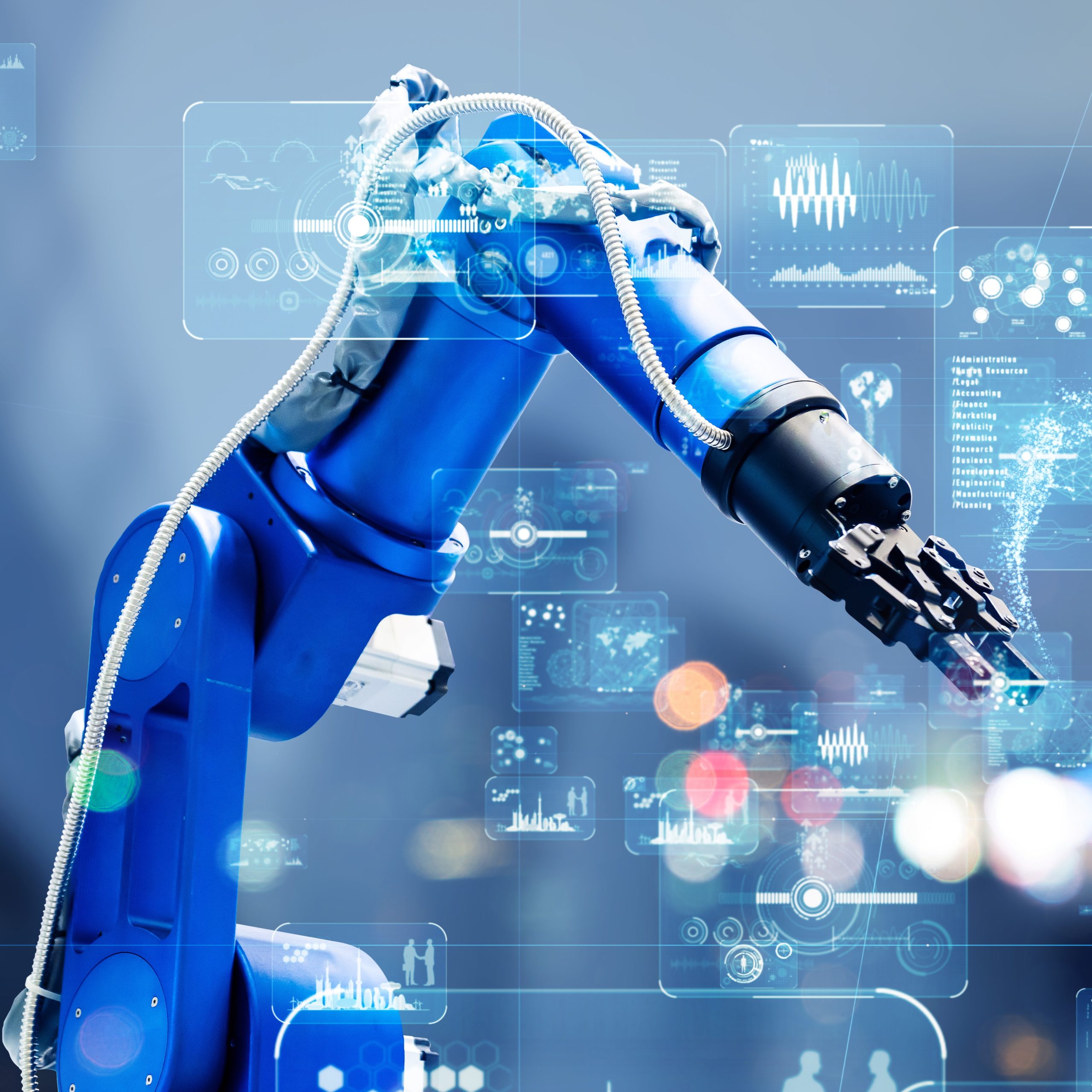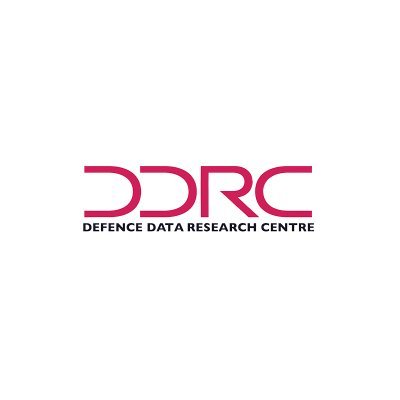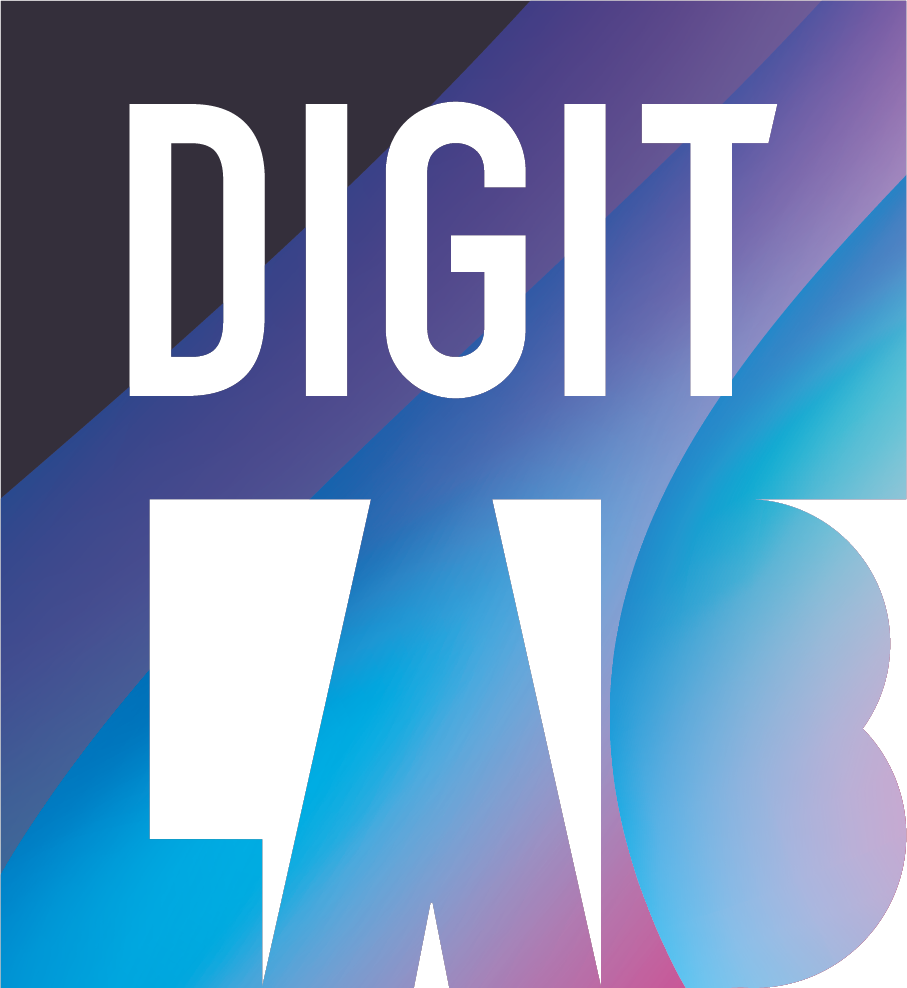One of the most revealing impacts of the pandemic has been the way many people have seized the opportunity to take stock of their way of life. For many of us, the shockwaves created by Covid have highlighted the fragile nature of so much that we take for granted. Consequently, we have used this period to reassess our understanding and relationship with many aspects of what matters to us on an individual, organizational, and societal level.
The results of this reassessment have often been painful to see and the broad implications for society are worrying. In the near term, the volatility of the current situation has exposed vulnerabilities in key parts of our infrastructure such as energy supply and healthcare provision. Alongside this, the focus has turned to longer term concerns regarding the effects of the pandemic on employment patterns, the role of our institutions in times of crisis, and the priorities placed on education of young people and re-skilling of the current workforce. The short summary is that there is a great deal to be learned about these areas and much more still to do.
The Digital Imperative
High on the list of reflections has been a recognition that our response to the pandemic has been intimately tied up with the on-going digital transformation we are experiencing. Comments about the acceleration of digital technology adoption by Satcha Nadella and other industry experts are based on rapid acceptance of digital ways of working to support remote access to information, group collaboration, device monitoring, online commerce, and a great deal more. Without these, our ability to keep functioning would have been severely reduced. For example, a report from the European Intelligence Unit (EIU) found a strong correlation between digital maturity and an organization’s ability to weather the unprecedented disruption over the period of the pandemic.
Indeed, in that study business leaders cited digital preparedness as key to their ability to adapt to the changing circumstances. Digital solutions have been instrumental in making our way through the pandemic to look forward to the future with the hope and expectation that life will improve for us all. From the detection and tracking of the virus to the discovery and validation of the vaccines, the current recovery has depended on digital technology to identify high priority challenges and speed up response. There is a lot for which the digital technology community can be proud.
But alongside that, there are several kinds of challenges being raised about the responsibilities placed on BigTech organizations, hardware manufacturers, social media platform providers, communications infrastructures, and all of those promoting rapid advance in the development and delivery of new digital services. As digital technologies become ever more deeply embedded in our lives, debate about how to address potential negative impacts is increasing.
The Need to Sustain
Nowhere is this conversation more important than in the topic of sustainability and central to the discussions are concerns about climate change. This will remain one of the most critical focus areas for the coming years. When dealing with managing the earth’s resources, there have always been concerns about how to balance our short- and long-term needs, and to ensure all related activity is fair and appropriate.
Furthermore, in recent years there is greater awareness of the deterioration in the current state of our environment and the corresponding importance of reducing pollution, reversing depletion of resources, and ensuring equitable access to all. There is now ample evidence of the drastic changes happening to our environment and amongst many people there is a growing realization of the responsibilities we have to reverse trends in areas such as high carbon emissions, pollution, deforestation, over population, ineffective natural resource management, and much more.
From this perspective, the increased use and reliance on digital technology has important implications for the future of our way of life. As digital services are adopted at pace, deeper questions must be asked about how this relates to our responsibilities and ambitions for sustainability. Most obviously, the place to begin such a review is with the resource implications of widespread digital transformation. As a result, we have seen a range of eye-catching headlines aimed at highlighting some of these issues:
- A recent study claims that two Google searches on a desktop computer produces 14g of CO2, which is roughly the equivalent of boiling an electric kettle.
- Warehouses of computer technology used for mining Bitcoin run 24 hours a day, consuming more power than the whole of Argentina.
- Old computer equipment is piling up in landfill sites.
- Of the estimated $206 billion spent on consumer electronics in the U.S. in 2012, only 29 percent of the resulting e-waste generated was recycled. The rest were simply dumped.
- The composition of computers includes a wide range of different metals and other materials that are expensive to mine and cause a variety of disposal issues. This includes aluminium, magnesium, copper, cobalt, nickel, and iron.
Such concerns cannot be taken lightly. Many investigations are underway to understand more about the challenges being faced, and more effective approaches are being introduced.
A Broder View of Sustainability
Amplified by the extraordinary circumstances created by the pandemic, we are faced with the challenge of adopting a broader multifaceted perspective on sustainability in a post-pandemic digital age. Beyond concerns for the planet that spring from a resource-based interpretation of the sustainability issues we face, there is also a much broader perspective on the impact of digital transformation that is beginning to emerge. This requires that we turn attention to areas that are often underrepresented in current discussions on sustainability.
A major lesson from the pandemic is that sustainability must be seen not just in terms of its impact on the earth’s physical resources. Equally of concern is the need to augment this view in 2 areas: Business resilience and personal wellbeing. In the first case, building resilience in our businesses to survive and thrive through these turbulent times has been essential to maintain stability. In the second case, a wide range of approaches has been necessary to support individuals to ensure their mental and physical wellbeing as they adapt to the stresses and strains brought by the pressure of readjusting to cope with frequent shifts and massive uncertainty in their lives. In both of these areas, the pandemic is having an immediate and long-term impact.
This broader perspective is important. Echoing discussions from some years ago on the value of adopting a “triple bottom line” of planet-profit-people, by viewing sustainability across these dimensions we see a familiar set of concerns re-emerging. These perspectives encapsulate the dilemmas we face to “build back better” by keeping all three in focus. Each brings its own demands. Yet, sustainability not only requires attention directed at these areas, it also brings more complex considerations about how to balance effort and demonstrate aligned priorities across them.
Several elements are worth highlighting:
Sustaining the business. In the business area, the pandemic has caused significant impact in all sectors. However, perhaps the hardest hit has been Small and Medium Enterprises (SMEs). Detailed analysis by the Bank of England has highlighted the severe impact on cashflow and the short-term challenges it has brought. Moreover, just as concerning is that the SME community does not have high confidence in the longer-term outlook.
More broadly, a further key area of business concern is sustaining the supply chain. On-going volatility and uncertainty are driving digital innovation to improve information flow, manage collaboration across organizations, and support rapid adaptation in the face of rapid change.
Sustaining the workforce. The effect of the pandemic on individuals has been equally dramatic and several reports have drawn attention to the health effects of the pandemic. Overall, through the period of the pandemic, data from across the UK has identified rapid changes in how people reported their mental health status. Furthermore, maintaining work activities throughout the crisis appears to have increased those challenges, with over a third of SME owners reporting that working through the Covid crisis has adversely affected their mental health. These ongoing issues are causing significant challenge to organizations, who are responding in a wide variety of ways with variable effect.
Longer-term workforce challenges must also be addressed. As organizations adapt to the changing circumstances, they are engaged in refreshing the skill base across existing employees and recruiting new talent to extend their capabilities in key areas. Building a sustainable workforce through improved education will remain a critical focus for all organizations.
A Final Word
In response to the pandemic, rapid acceleration in the deployment of digital technology has been an essential to help us adapt and will be fundamental to the ongoing recovery. But it has also raised many fears. The challenging times we have all experienced during the pandemic have forced us all to reflect on how we see the world around us and examine our aspirations for the future. By broadening our perspective on sustainability, we gain a deeper understanding of the role digital transformation plays in our lives and build a wider appreciation for the challenges ahead.










